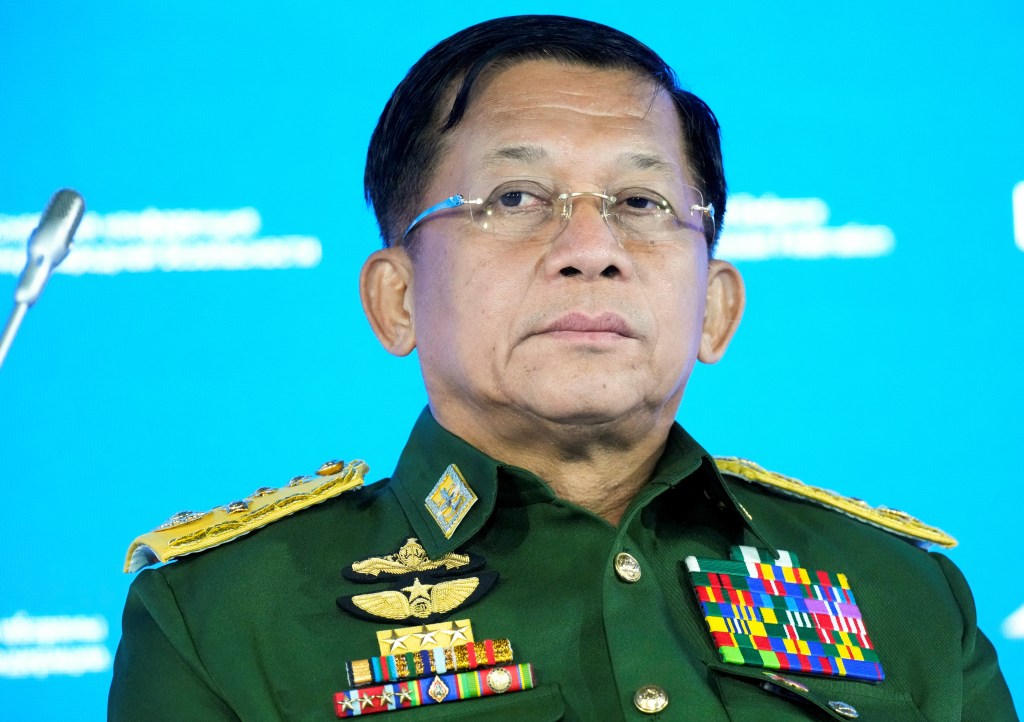Bangkok, January 31, 2022 – Myanmar authorities should scrap proposed cybersecurity legislation that would severely threaten press freedom, the Committee to Protect Journalists said Monday.
In a letter dated January 13, Myanmar’s Ministry of Transport and Communications, controlled by the country’s military since the February 2021 coup, stated that a decision had been made to implement legislation giving authorities broad powers to access and intercept online user data, according to news reports.
The letter, which included a draft of the bill and was signed by the ministry’s permanent secretary, Soe Thein, stated that the legislation was open for comment until January 28, and was sent to 13 other ministries, chambers of commerce, banks, telecommunications operators, and internet service providers, those reports said.
If enacted, the legislation would impose prison sentences of up to three years and fines of up to 5 million kyat (US$2,800) for those found to use virtual private networking software, which is used to evade internet censorship, according to those reports. The reports also said the legislation would ban online content deemed critical of the military regime.
“Myanmar authorities must scrap their proposed cybersecurity legislation, which represents an existential threat to free expression online,” said Shawn Crispin, CPJ’s senior Southeast Asia representative. “Myanmar’s junta should promote, not restrict, the online platforms that allow journalists and news organizations to report and distribute the news.”
The junta banned social media platforms such as Facebook, Twitter, and Instagram after last year’s coup, but news organizations, citizens, and even government officials have continued to access them via VPNs, news reports said.
The letter calls for the creation of a Central Committee for Cybersecurity headed by the junta’s second-ranking military official to ensure the new restrictions are enforced, according to news reports, which said the proposed legislation could come into effect any day.
Myanmar’s coup government, which does not have a legislature, has previously enacted laws on the signature of Senior General Min Aung Hlaing.
The draft legislation is a revised version of a bill that was shelved last year following criticism by business, technology, and civil society groups, according to the BBC.
The Ministry of Transport and Communications did not immediately respond to CPJ’s requests for comment sent via email and through its Facebook page.
